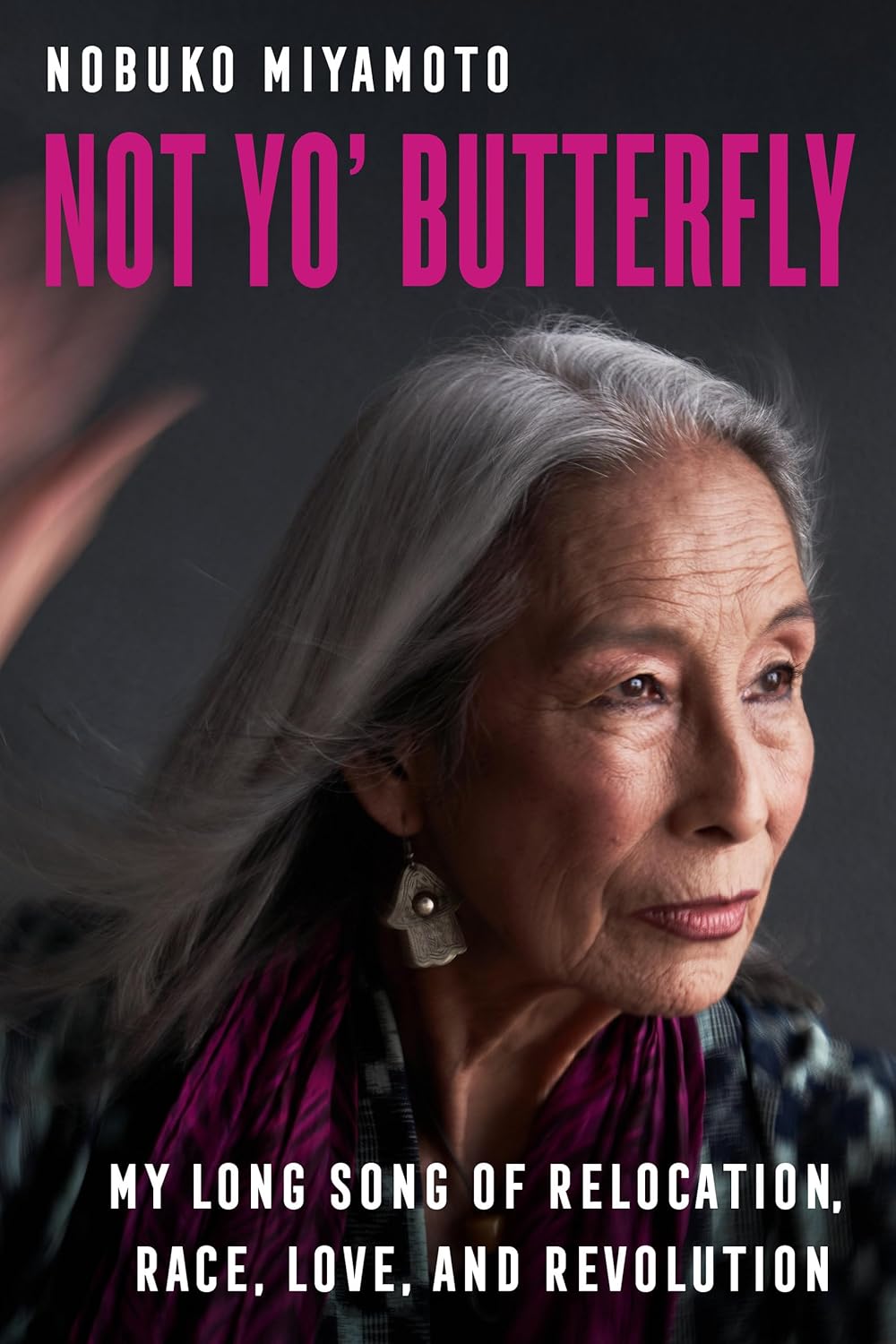In 1968, Chicago grabbed the eyes of the world when fifteen thousand Vietnam anti-war protesters vowed to shut down the National Democratic Convention and iron-fisted Mayor Daley unleashed the largest, bloodiest police riot ever seen on television. In December 1969, Fred Hampton, leader of the Black Panthers, was assassinated by Chicago police. This was the Chicago our New York Asian American caravan rolled into that summer of 1970.
We’d come to push the Japanese American Citizens League (JACL) to take a position against the Vietnam War, but Chicago delivered a series of unexpected revelations that began when we landed at the church where we were staying. Warren Furutani, Victor Shibata, and the West Coast contingent were there to greet us with open arms and more power handshakes. They came from all over California: Los Angeles, San Francisco, Sacramento, Stockton, San Jose, Fresno. It was the first meeting between Japanese American activists from East and West, but it felt more like a family reunion, only on steroids. In the social hall, conversations were buzzing over tables with a spread of Japanese picnic foods—onigiri made with loving hands, teriyaki chicken, and of course potato salad. That plus trading stories of the work we were doing created instant love. In fact, I’ve never felt that kind of love before. It was bigger than personal love. It was love of our people, love of who we were, love of who we were becoming.
Our experiences were as distinct as our geographic landscapes, yet from Sacramento to Manhattan, we were infected with the same set of beliefs. We were using our experiences and cultural roots to reach, to serve, to organize, to liberate ourselves and our communities, to be an integral part of the bigger struggle to make fundamental change in this country and the world. We called this change “revolution.” In Chicago, our big revelation was that we weren’t just a smattering of Asian groups on campuses and in communities trying to stop the war and serve our people. We were a movement—the Asian American Movement.
